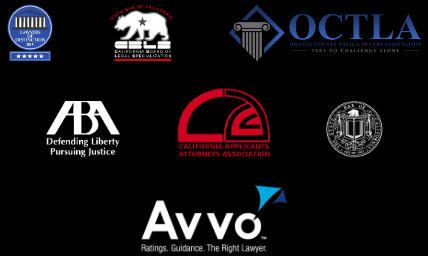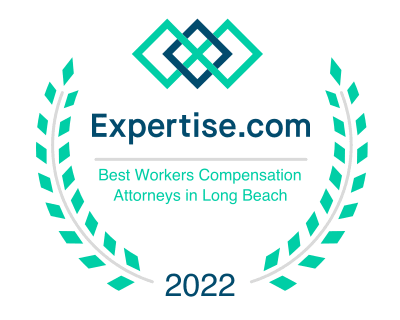The California Workers’ Compensation system is designed to provide benefits to employees who suffer injuries or illnesses in the process of working. As part of this system, various procedures are in place to resolve disputes between injured workers, employers, and their insurance carriers.
Two extremely important procedures are referred to as a Mandatory Settlement Conference (MSC) and a Declaration of Readiness to Proceed (DOR). Yet, despite their significance, most people in the OC find out these procedures exist only when they hire a dedicated and experienced work comp lawyer from Garden Grove or their respective area.
Today, we aim to remedy this injustice with this comprehensive, two-part guide. In Part 1, we’ll explain what an MSC and DOR are and their purpose within the CA Work Comp System, whereas, in Part 2, we’ll be going in-depth on the process itself and its significance.
What is a Mandatory Settlement Conference?
- A Mandatory Settlement Conference (MSC) is a meeting held before a workers’ compensation judge in an attempt to resolve any disputes between the injured worker & their lawyer and the employer’s insurance company without the need to go to trial.
MSC is a vital step in the California Workers’ Compensation claim dispute resolution process. Its primary goal is to facilitate a settlement agreement between the parties involved in a fair way, i.e. where both parties are satisfied without incurring any more expenses on the system or physical and mental stress on the injured worker.
Purpose of the MSC
The sole purpose of an MSC is to:
- Encourage Settlement: The MSC provides an opportunity for both involved parties to discuss the workers’ compensation case openly and negotiate a settlement. Settling a case saves time, reduces legal expenses for both parties, and provides quicker relief to the injured worker and the coffers of the insurance companies representing the employers in the case.
- Narrow Issues: If a settlement is not reached between parties, the MSC helps to narrow down the key issues that will be addressed in a trial. This makes the trial process more efficient and focused.
- Exchange Information: During the MSC, both parties exchange necessary information and documents. This ensures that both sides are fully prepared for the possibility of a trial.
What is a Declaration of Readiness (DOR)?
The term “DOR” stands for Declaration of Readiness to Proceed. This document plays a critical role in the MSC process. Here’s what you need to know about a DOR:
Purpose
The DOR is filed to indicate that the party filing it believes the case is ready to proceed to an MSC or trial. It asserts that all necessary discovery has been completed and that there are no outstanding issues preventing the case from moving forward.
Contents
The DOR must include details about the workers’ compensation case, such as the issues in dispute, the readiness of both parties for settlement discussions, and the specific reasons why the case should proceed.
Filing the DOR
Either party can file a DOR at a local Workers’ Compensation Appeals Board (WCAB) office. It is typically filed after all medical reports, depositions, and other relevant evidence have been gathered. The DOR initiates the process of scheduling an MSC.
Who’s the leading work comp lawyer near me in Garden Grove, CA?
The California Workers’ Compensation Lawyers is a collective of dependable legal professionals, dedicated to helping injured workers in Garden Grove and the rest of Orange County realize their law-given rights. We adopt a personalized approach to every case, providing meaningful guidance and useful insight into all aspects of workers’ compensation.
Whether you need help filing a claim, want to learn more about the significance of CA DIR for injured workers, or wish to know what are the repercussions for committing a work comp insurance fraud, you can rely on our expertise without reserve. Reach out to us today!






















